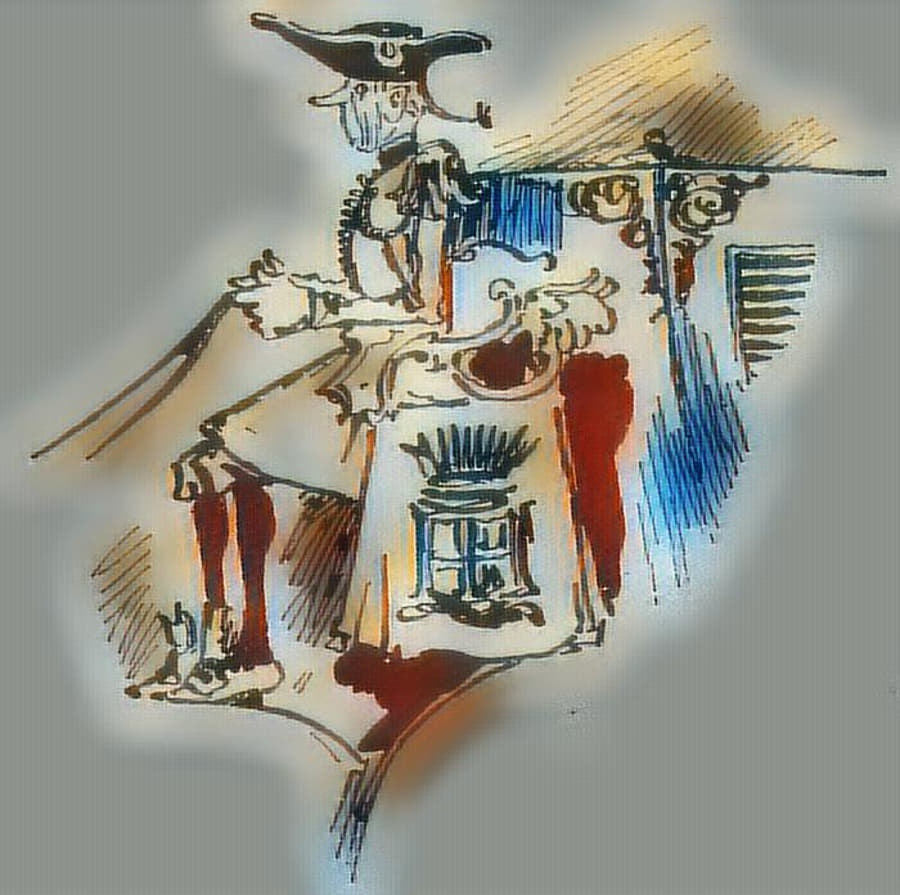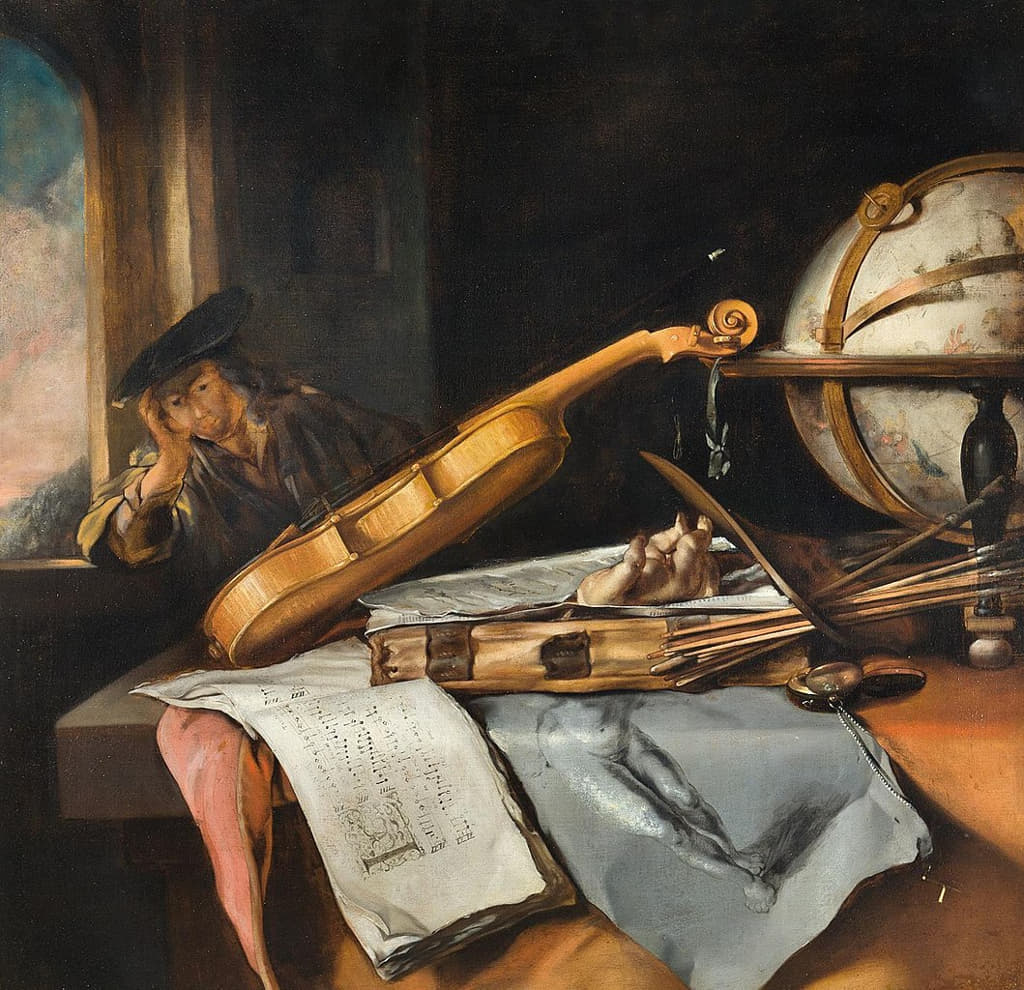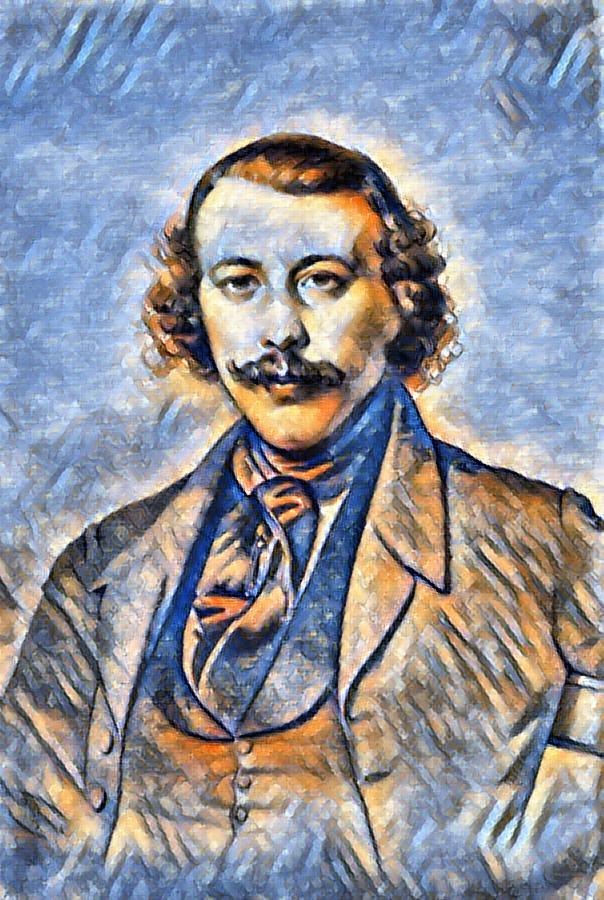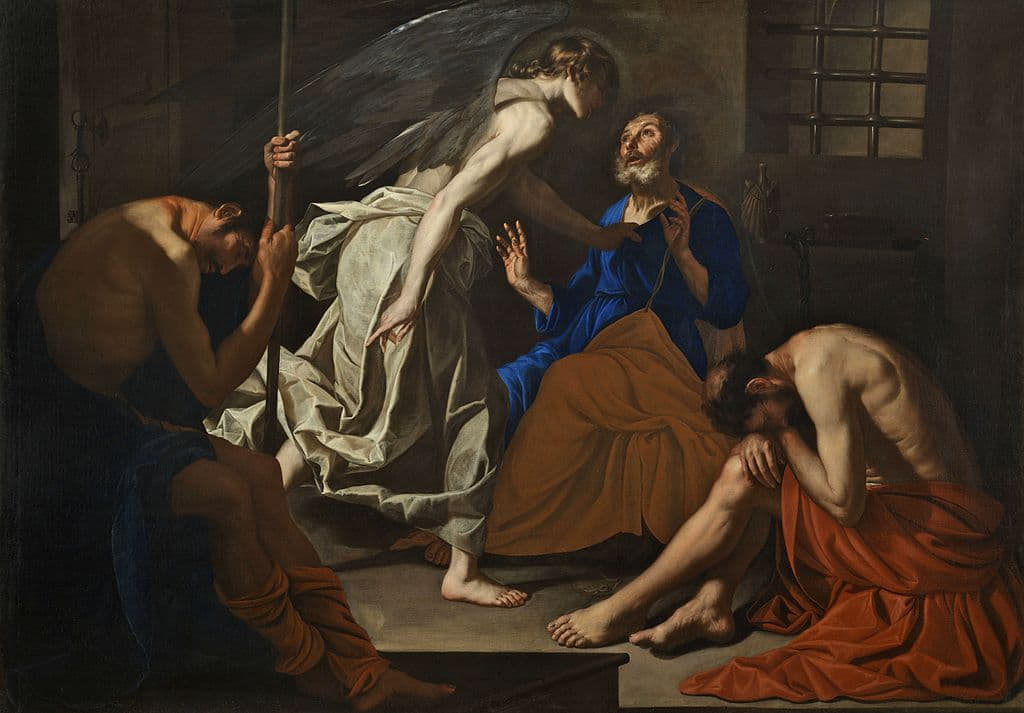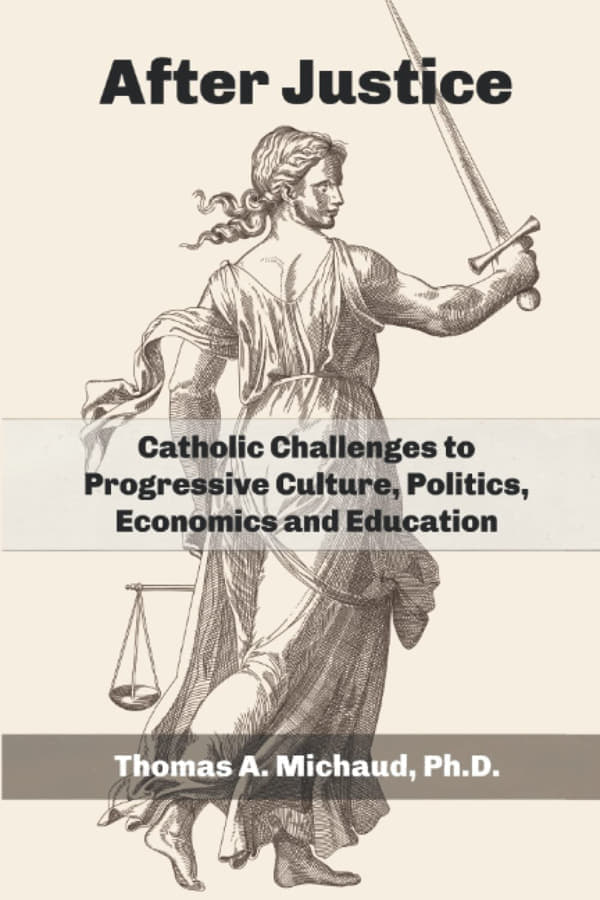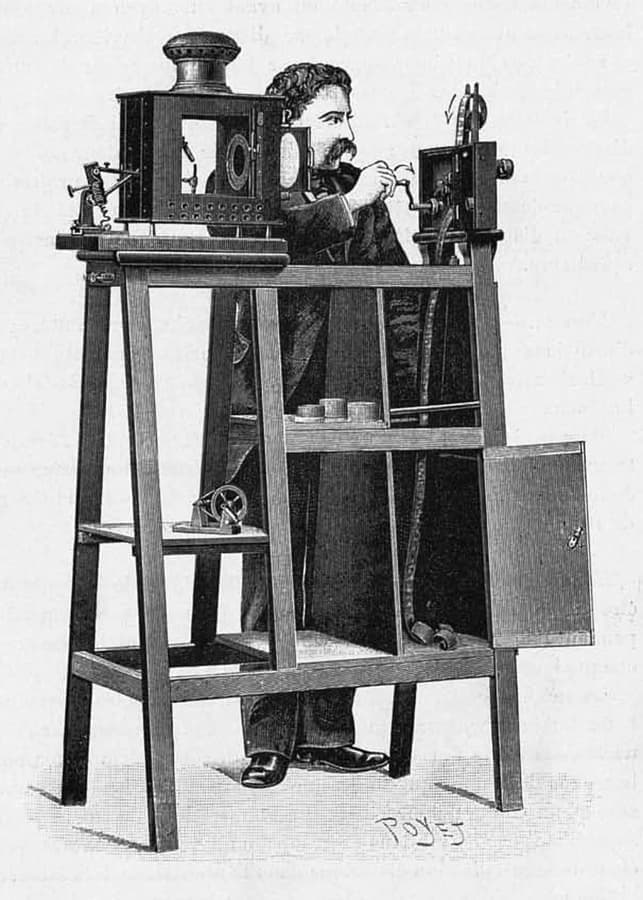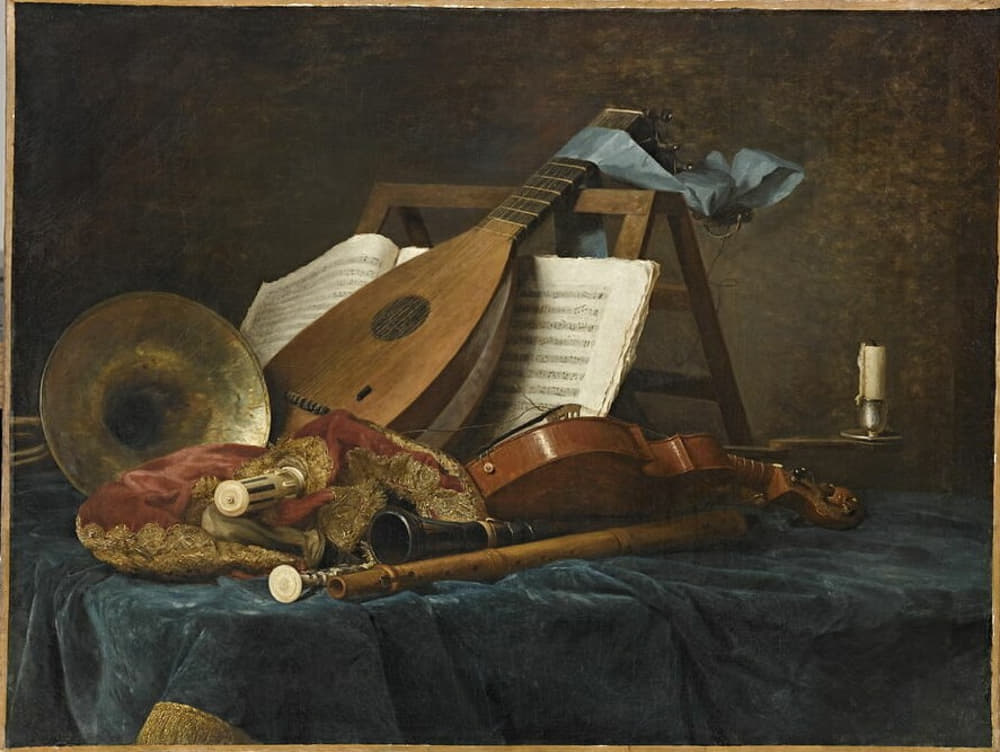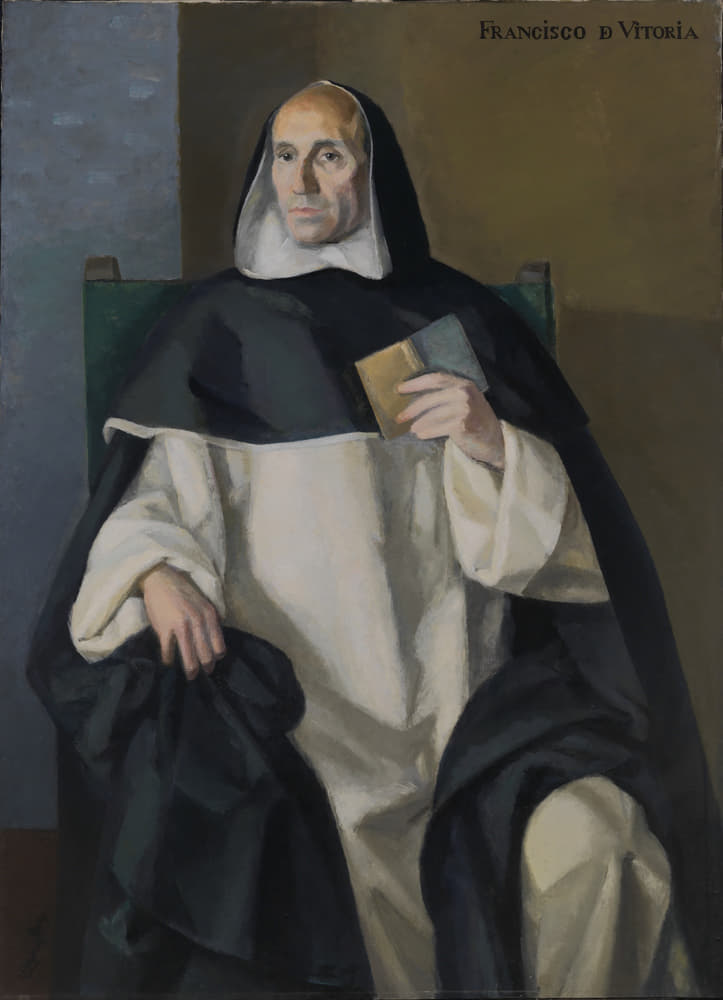If you would like to learn to speak and read Latin using the acclaimed Ecce Romani series, consider enrolling in Apocatastasis Institute, where Latin is anything but dead!

CAPUT IV
Quaestio, quae nunc animum patris occupavit ad exclusiones omnium aliarum cogitationum, hanc magnam pecuniae summam collocare erat, ut, cum pervenisset ad annum vigesimum primum, satis magno fructui ad habitandum Baroni provideretur. Praesertim cum ad tam celebrem familiam quam nostram pertineat.
Ita se res habet, pater, hanc quaestionem depraedari tranquillitate animi permisit in tantum, ut sensim carnem amitteret.
Mater quoque eius miserabilem condicionem videns usque adeo anxiari et laborare coepit, ut ipsa quoque valde macer fieret. In carne enim sua minuebantur naturaliter, et paulatim vel nullo cibo suppeditabatur; vel, certe, non plus quam satis erat satisfacere Bulgeris et meis necessariis.
Unde servi coeperunt amittere carnem et tectum et foris; cum magno animo esse intermisso, equi iumentaque exiguis frumento pasti, quo fit, ut celeriter etiam labi incipiant.
Itaque admodum gravis visio crevit, ut miserum patrem et matrem in meris pellibus et ossibus redactis, meris raedarii et peditis umbris circumacta patria, quatuor equis traheretur, quorum ossa sub pellibus cum essent satis crepitantia. Coactus fueris aut tunditur in curriculo piger.
Bulger et ego solus pinguedinem nostram et bonos spiritus retinuit. Tandem intervenire decrevi et celerem finem huic rei miserandae statui. Exegi a seniore Barone promissionem sponsionis, quod mandassemus se ad amussim, et non obiiciebamus, quantumvis ferae vel irrationabiles sibi vel matri meae viderentur.
Tunc precepit ei ut sumeret aliquod bonum et sucosum cibum, et primo secederet et caperet sibi iucundam diu somnum, salutavi eum reverenter et dixi:
Baron, usque ad crastinum diem.
Vix ientaculum finieram cum fores apertae et senior Baron in cubiculum ambulabat.
Refectus multum aspexit. Color in maxillam rediit, fulgor ad oculum.
Erat jam alius homo.
Ecce, domine clementissime, incepi ei pergamenum tradere, index omnium notissimorum Almanachorum in terra nostra. Colloquium cum illis statim habes et ab illis emptionem ius praebet ut tempestatum praesagitiones praebeant anni futuri!
Senior Baron coepit expostulare. “Baron!,” ego duriter inspexi manum, “Verus eques non habet unum verbum dare.”
Ille tacuit et me pergere annuit.
Ita sum secutus.
“Reuerende parens, cum ab utroque hoc iure obtinueris, ad me redi.”
Paucis diebus pater munus suum perfecit.
Et intravit cameram meam, et dedit in manus meas concessiones necessarias ab omni almanac factore prenotato in terra.
Iterum imperavi ei se ipsum refocillare, ut bonam noctis quietem caperet et mane me videret.
Cum Bulgerus et ego rediens a prandio, senior Baron senior se obtulit ad fores mansionum mearum.
Vidit fortis et bene. Vultus iterum impleverat et gressus pristinam elasticitatem recuperaverat.
Iterum in manibus suis librum pergameni posui et dixi ei.
Per singulas almanach istius membranae contenta aequaliter et copiose sparge in paginas devotas mensibus Novembris, Decembri, Ianuario, et Februario.
Respexit ad me percunctando, et movere labia coeperunt.
“Domine illustrissime!” inquam, antequam sonus ex ore eius emanasset, “In familia nostra semper milites sine timore et sine opprobrio fuistis.” Tacitus inflexit sublimem formamque recessit.
Fortasse lector aliquantulum curiositatis scire potest contenta voluminis pergameni, quam in manibus baronis maioris hac occasione posui.
Si brevitas sit animus ingenii, facetus. Si rotundus, vestis veri, verax fuit. Hoc ut esse libuerit, verba quae in illo volumine pergameno exaravi stylo meo, haec leguntur.
“Omnes signa demonstrant frigidissimo hiemali.” “Indicae sunt hiemem venientem dimidio saeculo gravissimam fore.” “Omnes idem praesagiunt responsum, eximiae longitudinis hyemem et frigora amara.” “Prognosticatores peritissimi concordant in praedicando gradum temperaturae humilis raro in his latitudinibus perventum.” “De hoc tempore expecto insolitum frigus.” “Protege plantas.” “Nunc vide bene herbas tuas hiemales.” “Conserva eos ab extremo gelu.” “Duplici copia brumalis cibus.” “Nunc saevas nives expectamus procellas.” “Exspecta frigoris amarum in toto hoc mense.” “Praeparate rarissimas grandines procellas.” “Cavete de repentinis ac penetrabilibus Aquilonibus ventos.” “Domus pecudes conlaudantes per totum hoc mensem.” “Cavete a lethalibus blizzardis, venient rabie ruenti.”
Paucis diebus absens pater meus domum rediit. Eius adventus mihi rite nuntiatus est a Bulgero, cui dixi: “Ite, bone Bulger, et baronem deduce ad cameram meam.”
Multis saltu et cortice ludibrio se circumscribit, et mox seniori barone cum iocunditate tam communi sibi serviendi more inauguravit.
Obedivi tibi, fili mi. Murmuravit senior baron cum grandi arcu in flexa.
“Salve!,” Respondi eum sedere rogans.
“Et nunc incertorum pedum meorum rector honorate, verba mea attende: negotium nostrum paene factum est. Paucis diebus confecta erit haec pecunia, quae tibi tantam sollicitudinem attulit, et cordis tui officia expilavit; atus, completus; et, quod melius est, tam feliciter investituram, ut patrem unius ditissimi filii in regno vocare valeas.
Audi, Baron. Ite nunc in primores mercatus terre et quemlibet furnum mercatorem sub stipulatione scriptionis ponite, ut tradat tibi in primo autumno omnes pelliculas, indutas, vestes, vel dorsa dominis, de quibus manutenebunt traditionem sub manibus eorum et sigillis.”
Vix labiis exciderant verba prius quam senior Baron e sella surrexerat meque ad pectus amore rapuit.
“Fili mi!” exclamavit permulsit frontem meam protuberans, “Dominum ictus est! Dignum est rectore provinciae. Cupio incipere bonum opus.
Permitte me hac nocte proficisci! “Exspecta Barone!” Dixi, ducens eum ad sellam suam et cogente leniter sedere. Exspecta, Baron; nonnihil tamen dicendum est. Cum perfeceris emptionem omnium pelliculorum, quae hoc anno exspectantur in Regnum, expende reliquam pecuniam in emendo omnibus lignis, carbo et gagatis invenis, non quod lucrum ex pauperis emolument. Graciles copia; sed ne alios iniquum in eum contrahendo, quod in prima tempestatum praedictione certe faciunt. “Ah, parve Baron!” pater, “quam cogitatione; non enim, ut dicis, pauperum humeris oneramus!
Tanta fuit diligentia qua pater meus consilia perfecit, ut uno mense totum opus macelli emissem ac vendidissem, parvo quidem progressu, sed satis amplo, ut me perquam pessime faceret dives.
Quod ita leniter et scite factum est, ut nemo callidam calliditatem umquam suspicaretur qua satis mihi ad iter faciendum divitias comparare potui, sicuti animus promptus erat, et scire me captum et teneri. Redemptis praedonibus avarissimis, nummulariis meis aurum satis esset ad redimendum me.
Post octavum annum expletum, inexstinguibili desiderio sum, ut statim ingrediendi ad perficienda diuturna consilia dilecta, longinquas terras, ab extraneis et curiosis hominibus habitatas, visitaret. Domus mea, lingua mea, populus meus multa me fœtebat, et circumdederat me.
In somnis ego navia pudens navigia pressi, iussa mea vociferans, placidum vela scopulum imminentem tempestatem creber. Transivi tempus meum a mane usque ad noctem, congruis articulis mercandi cum barbaris positis stipendiis, ut penetrare in interiora nunquam possem ab homine humano visitari, et ascendere flumina clausa a mundo incohata alatis nunciis. Mercatura et mercatura. Sed, quod mirum dictu, pater ad hoc adhortatus est, forte precibus matris meae, firmiter ac fortiter intendit in consilium abiturum domum.
Iuxta me destitutione fui. Oravi, obtestatus sum, minatus sum. Primum enim in vita mea—dolet enim me etiam nunc confiteri—cuiusdam incusavi autorum meorum contemptio.
Bulger, post aliquot dies res perspectata, conclusionem habuit seniorem Baronem aliquo modo infelicitatis meae causa, et postulabat interdum severissimo meo imperio eum a vitulis maioris dentes cohibere. Tibiis Baronis, ut ex mea diaetas post aliquod turbidum colloquium egrederetur.
“Quid!” exclamavi voce tremens maerorque, “Ego magna pereo munera, quibus me natura dedit, muris oppidi huius saeptus, cuius rixis fora amplissima sunt, quorum numquam homines testantur. Quid magnificentius quam regia turma equitum transitus? Non oportet, non erit. Tute dixisti, me non vulgarem esse puerum, ut pila et cacumine delectetur, et picturis excipiatur libris.
Sed senior Baron induraverat cor suum, et omnis oracio mea incassum erat.
Et tamen non desperavi in fine potiri.
Tandem aqua iugi stillicidio abstraxit petram. Constitui nunc animum meum Baronem seniorem movere ut acquiescendum in consilio meo relinquendi domum, conferendo ad rationem prorsus diversam. Dixi egomet mihi.
“Puer me esse vult: unus ero!” Statimque in oppido omni pernicioso scelesto amicos facere institui.
Non una iuvenilis curas meas ne-do-bene fugit.
Quo magis vehemens, strenuus et infatigabilis suae mali potentiae, eo arctius involvi affectibus meis.
Haec mihi de cinereis aurora roscida vesper Concurritur, comitesque mei comitantur in arcem. Me ducem colebant, et praeceptis meis obsequens obtemperabant, ac si alicuius dominii super eos haberem.
Senior Baron vidit glomeratam nubem et intendit caput quasi ad occurrendum tempestati meliori casu resistendi.
Ibi convivio accessit, electissima Burgundia subductus repertus est et utres communi claviculis referti. An senior Baron senior cum accipitribus amicis in campis ad iudicium venit, id solum deprehensos ita fuisse demersos ut cucullo remoto stolide placide sederent. Dicatur coquus hospites expectari et cavendum esse ut globuli pulmenti sui extra delicati, seniori Baronis horrori, in centro cuiusque globuli cerasi inveniretur.
Unus ex coadjutoribus meis satis ausum fuit cistam Baronis senioris surripiere et eam pipere implere. Consequens cogitari potest. Alius bene curavit ut omnes pyxides fomes infunderent aquam coram invitantibus ad fistulas. Cum a mensa surgere conaretur, passim queue dorsum cathedrae secure reperiretur alligata.
Una mearum rerum gestarum me in prima statione scalae constituo et, “Pontem teneo ut olim Horatius Cocles,” mea effera cohors duorum duodenarum iuvenum barbarorum per scalas ruentium clamoribus, clamoribus, vocibusque quae haberet. Cui umquam immanium verarum turbae fidem visitavi, dum ego, cum ligneo sabre, fustibus tundendo, interdum nimis audacter adolescentulus in articulos irruens, et ad calcem scalae Bulgeris infinito ludibrio mitto. Ut semper adsensum in acie esse et de virtute gloriantem.
Tandem cum magno gaudio meo animadverti, quod maior Baron maior deditionis signa ferebat.
Ego quasi prudens imperator omnes in ipsa acie impetum feci.
Futurum esse ut vulpes postridie venaretur. Unam ex meis legatis fidelissimis mandavi ut canes cibos omnes crudos deglutirent, circa horam ante initium.
Alios denos, velocissimos ac dicaces, decem principes medicos et chirurgos oppidi et vicinitatis eius domos misi, cum isdem mandatis, ut singulos, feminas, puer; violenter egrotante manerio fuerat, et maxime festinandum est ad uenturam cum medicinis pectoribus, ut pestilentia reprimatur.
Eodem fere momento decem doctores in atrium incurrerunt, solum ut Seniorem Baronem et amicos suos in suggestu congreges invenirent, et de insolitis canum actionibus sibila consultatione tenentes. Irati Galeni discipuli pro animalibus pauperibus praescribere noluerunt, et bene repletis holsteriis in crura involaverunt.
Interea non eram otiosus.
Ad ungues scoriae vel plurium volatilium Baronum senioris ligavi quamdam fuzeam inventionis meae, ita inflammabilem, ut levissima frictio exardesceret, et tunc in campis et hortis adiacentis resolutos converti domus praetorium.
Tota aestas occupati erant et laetati sunt in spe boni temporis scabendi, inter folia arida et stipulam camporum patentium.
Per hoc tempus venatores canes nonnihil e stupore excitando successerant, cum clamor, “Ignis! Ignis!” Ascendit. Venaticus raptim desiluit et insana ruunt aqualis hydrias iunctaque ministris.
Sedebam placide in conclavi meo, cum Bulgerus ad latus meum, cum tumultus sublatus est.
Senior Baron in primis inclinabat in mentem, quod, licet mea opera manifesta esset in fabrica mali, quod in edacitate canum consistebat, et decem doctores ad manerium vocato in venatione anseris feri, igne tamen erumpente. In proximis hortis et agris nihil ad rem pertinens. Reditus vir venerabilis Dominici Galli senis, qui vel nimis imbellis vel nimis piger fuerat, ut fuzees unguibus adnexis exploderet, rem tamen confecit.
Maioris Baronis animus iam claruit quisnam facinus conceperit in quo tam ignari conscii eius miseris avibus facti sunt.
Illa nocte Bulger et levibus cordibus cubitum ivi.
Senior Baron tandem consensit, ut primo proficiscamur ad quaerendum peregrinos casus inter curiosos populos longinquarum terrarum.
